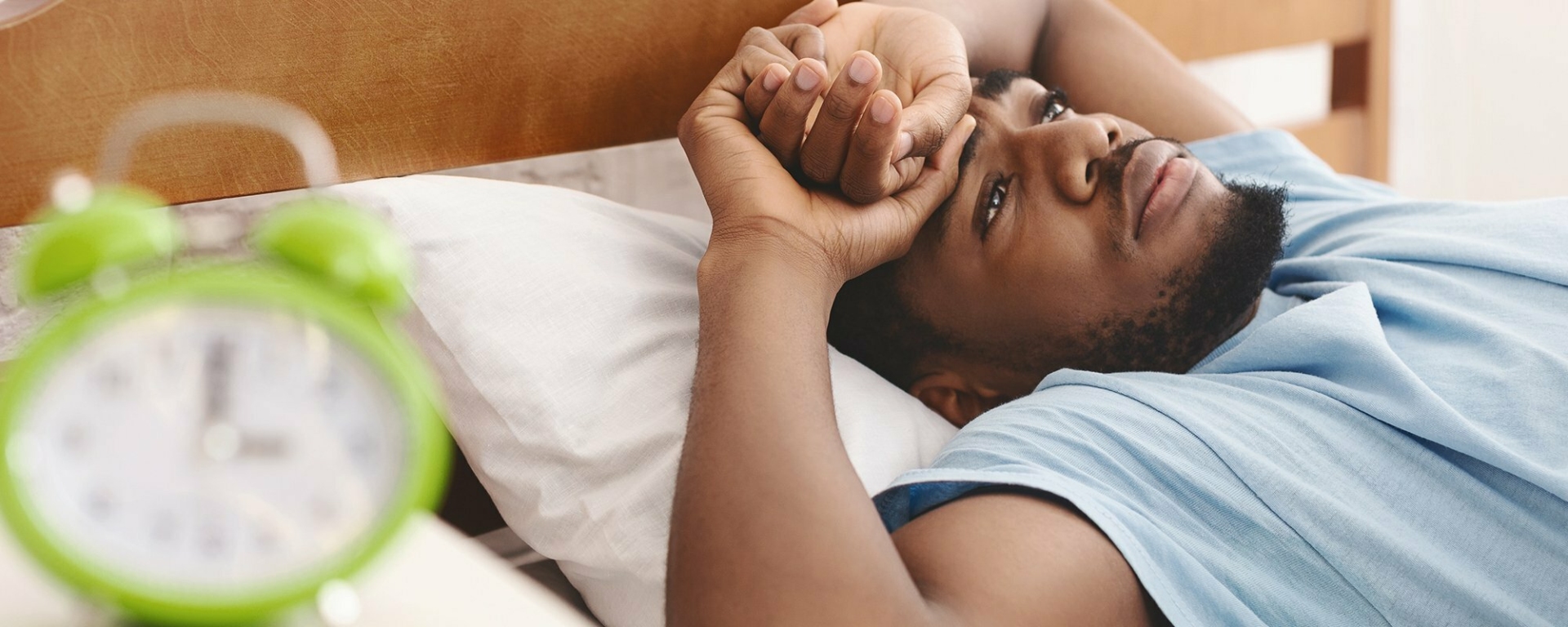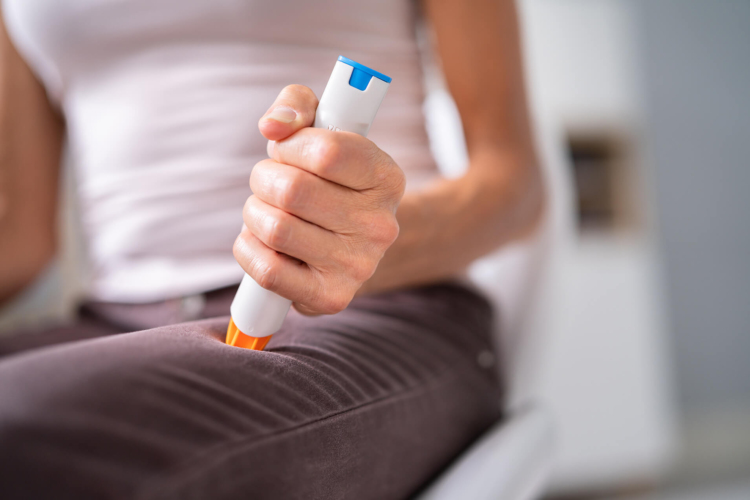Impact and consequences of insomnia
Insomnia, whether it is temporary or chronic, greatly affects the daily lives of people who suffer from it. They wake up without feeling completely rested and often feel drowsy all day long. Such sleep deprivation can lead to several other symptoms:
- Decreased attention
- Difficulty concentrating
- Decreased productivity at work
- Memory loss
- Head aches
- Irritability
- Anxiety
- Etc.
Generally, insomnia doesn’t cause serious complications, but it definitely affects your quality of life and can cause other health problems.
I don’t sleep because…
To treat insomnia, you first have to find out what is causing it. Do you really know what is preventing you from sleeping?
A bedtime routine
You should never underestimate good sleep habits. The things you do before going to bed are of paramount importance to the quality of your sleep. You need to think about your activities in order to eliminate those that could negatively affect your rest. Discover the seven things to avoid before going to bed for a good night’s sleep.
Stress and anxiety
Is something bothering you? This could the cause of your insomnia. Identify the sources of stress (work, financial problems, family, etc.) that may affect your sleep and try to manage them better in
order to sleep better.
Relaxation techniques
Even if it is time to go to sleep, you could still be too agitated to slip under the covers. This is often what happens when you are used to running around from morning to night.
Including a small relaxation ritual in your routine is an excellent way to smooth the transition to sleep and prepare your body for rest. You could choose 15 minutes of meditation, reading, yoga, walking or soft music. Abdominal breathing can also help you fall asleep.
Diet
The time you go to bed is not the only element which influences the quality of you sleep; the time of your last meal does as well. It is recommended to wait at least 3 hours after dinner before going to bed. Your stomach will have had the time to do its digestive duty so it won’t interfere with your sleep.
If you are hungry before going to bed, opt for light snacks such as:
- Cereals with milk
- Fresh fruit and yogurt
- Oatmeal with grapes
- Digestive cookie with milk
- Slice of toast with a small banana
It is also important to avoid drinking a large amount of water (or any other liquid) 90 minutes before going to bed to avoid having your sleep being disturbed by a full bladder.
It is worth noting that certain symptoms related to food allergies can also disturb your sleep: abdominal pain, cramps, bloating, constipation, diarrhea, etc. If you think you have a food allergy, don’t hesitate to talk to your doctor.
Sleeping pills
Good sleep is essential for your overall health and wellbeing. If changes in your habits haven’t been helpful, consult your pharmacist affiliated to Acces pharma who can suggest a non-prescription product adapted to your health, including a natural product, or consult your doctor so that you can finally drift off to sleep.
This information is not a substitute for professional medical advice and Accès pharma at Walmart affiliated pharmacist-owners cannot be held responsible for this information. The information was true and accurate at the time of publication, but it is subject to change.





